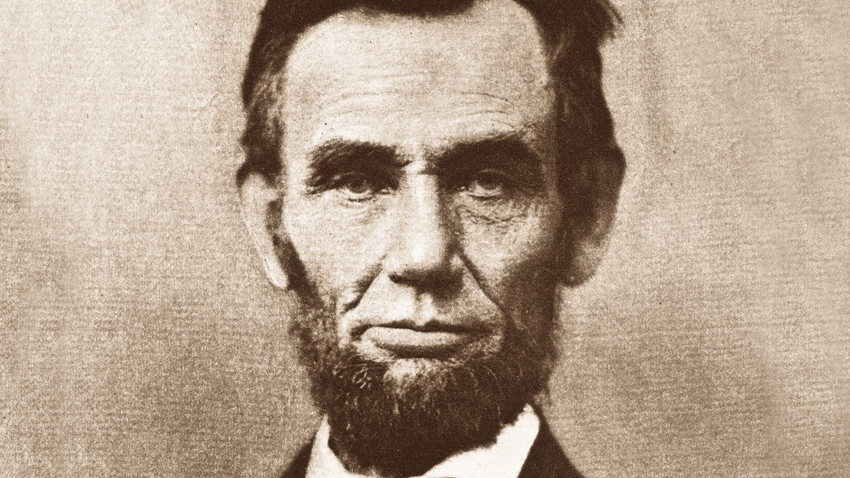
Got It Wrong Again!
On April 29, 1865, 50,000 people stood in line to pass through the Ohio Statehouse rotunda to pay their last respects to the recently slain Abraham Lincoln. As America mourned the assassination of its President, Ohioans reflected the gratitude of this country in that outpouring of affection. Hanging overhead in the Statehouse was a banner with an excerpt from Lincoln’s second inaugural address: “With malice toward none, with charity for all.”
To commemorate the 150th anniversary of his death, the Statehouse in Ohio today has hung a replica banner high overheard for all to read: “With malice to no one, with charity for all.” It is an admirable sentiment, but as you quickly note it is not the correct rendition of the line President Lincoln spoke in that address.
But if you were to call the Ohio Statehouse and protest this inaccurate quotation, they would be quick to inform you that in fact the words on the banner are “historically faithful to the one hung on the building on April 29, 1865” (South Bend Tribune 4-22-15). As it turns out the creators of the original banner 150 years ago got it wrong—and with no Google to fact check their quotation, they hung up an inaccurate rendition of (what would become) Lincoln’s immortal line!
Do you suppose this has something to do with “the sin of the parents” being passed down “to the third and fourth generation” (Exodus 20:5)? Probably not what God had in mind.
But the truth is, it really isn’t that difficult—is it?—to repeat the mistakes of those who have gone before us. Honest-hearted mistakes, to be sure, but mistakes nevertheless that we unintentionally pass on to the those who watch us, who become behind us—mistakes they in turn honest-heartedly repeat. Children are renowned for their uncanny ability to mimic our behavior. When I get it right, they get it right—when I get it wrong—oops!—they get it wrong. That may be closer to what God had in mind in the 2nd Commandment of His Decalogue.
Perhaps Michael Horton, in his new book Ordinary, has something to teach us: “If staying with the familiar (no matter how bad it may be) is the tendency of a conservative temperament, the ideal of creativity and novelty—as an end in itself—becomes destructive of long conversations. At the end of a term a student discovered the professor’s evaluation explaining the poor grade: ‘Your paper is original and creative. The parts that are creative are not original and the parts that are original are not very good.’” Horton concludes: “The best changes are slow, incremental, and deliberate. Instead of cutting their own path, they extend the ancient faith into the next generation” (Ordinary 64-65).
Extending the ancient faith into the next generation—that is the mission of both the Christian academy and the church. To the extent we do it faithfully and we do it well here at Pioneer and Andrews, may God be blessed and His Kingdom on earth expanded. And to the extent that each of us translates that ancient faith into the language of this new generation, the Kingdom of God is advanced and the Word of God is made fresh for this third millennium. In the words of the ancient prophet: “I have heard all about you, LORD, and I am filled with awe by the amazing things you have done. In this time of our deep need, begin again to help us, as you did in years gone by. Show us your power to save us." (Habakkuk 3:2 NLT).